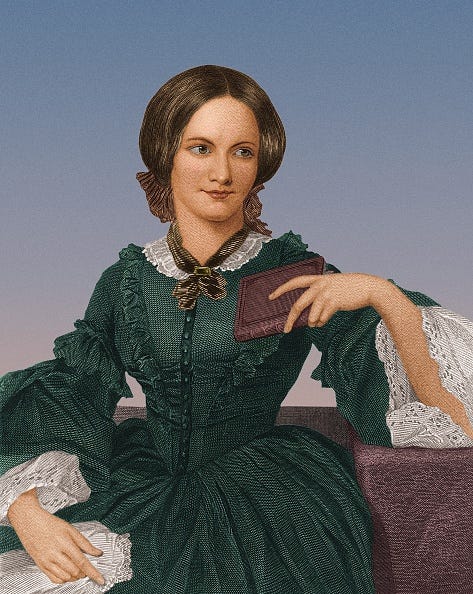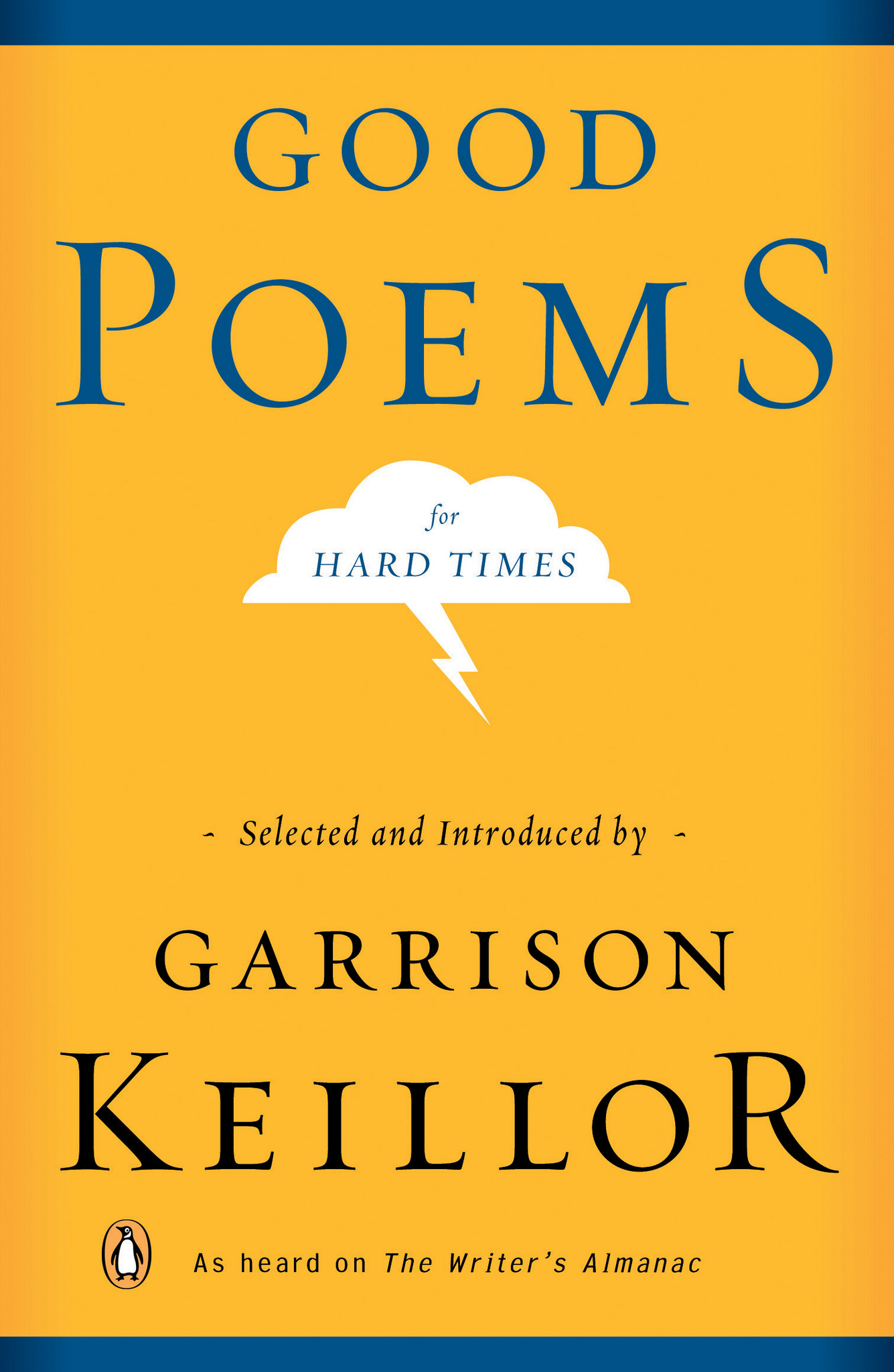The Writer's Almanac from Sunday, April 21, 2013
"Wedding" by Alice Oswald, from The Thing in the Gap-stone Style. © Oxford University Press, 1996.
ORIGINAL TEXT AND AUDIO - 2013
In 1909, Mark Twain is reported to have said: "I came in with Halley's Comet in 1835. It is coming again next year and I expect to go out with it. ... The Almighty has said, no doubt: 'Now here are these two unaccountable freaks; they came in together, they must go out together.'" And he was true to his word: Mark Twain died on this day in 1910, a day after the comet's closest approach to Earth.
Born Samuel Langhorne Clemens in 1835, he grew up in Hannibal, Missouri. After his father died and left the family in financial straits, he went to work as a printer's apprentice at the Hannibal Gazette, and it was there he discovered he liked to write.
He was a travel writer, a master of humor and satire, an ardent abolitionist, an inventor, a publisher, and a popular public speaker, but he wasn't a good money manager, and though he made a lot of money at his writing, he lost it all through bad investments and declared bankruptcy in 1893. He began a lecture tour the following year and earned the money to pay back the money he owed his creditors.
William Faulkner called him "the father of American literature," and Hemingway said, "All modern American literature comes from one book by Mark Twain, called Adventures of Huckleberry Finn." Huck Finn is also the fourth most banned book in America, and has recently come to public notice again with the publication of a new version that replaces the controversial racial epithets with the word "slave."
Today is the birthday of naturalist, author, and Sierra Club co-founder John Muir, born in Dunbar, Scotland, in 1838. As a boy, he occupied himself mainly with fighting and hunting for birds' nests. His father believed that Bible study was the only worthwhile occupation, and young John could recite "by heart and by sore flesh" most of the Bible by the time he was 11.
In 1849, the family immigrated to the States, and bought a farm near Portage, Wisconsin. His father worked him hard on the farm, and wouldn't let him waste valuable daylight on books, although he did agree to let him do so in the predawn hours; John invented an "early rising machine" that dumped him out of bed at one o'clock a.m. so that he could read. He went to college at the University of Wisconsin at Madison, where he took an eclectic assortment of geology, botany, and chemistry classes. He never followed a traditional program of study, and never graduated. He moved to Indiana in 1866 and took a job as a sawyer in a wagon wheel factory; the next year, he was nearly blinded when a tool slipped and hit him in the eye. He was forced to remain in a darkened room for six weeks while the eye healed, and he emerged with a new sense of purpose. He wrote later, "This affliction has driven me to the sweet fields." He set off on foot on a thousand-mile walk from Indiana to Florida, collecting botanical samples along the way. Though he had planned to continue by boat to South America, he contracted malaria, and went to California instead.
He visited Yosemite for the first time in 1868, and he was overwhelmed with a kind of religious ecstasy, writing, "We are now in the mountains, and they are in us, kindling enthusiasm, making every nerve quiver, filling every pore and cell." He lived in Yosemite for four years — about half of that time in a cabin he built himself on Yosemite Creek. He would go on excursions alone into the wilderness, carrying simple provisions and a volume of Emerson, which he would read next to his campfire in the evenings.
In 1880, he married Louise Strentzel, and they had two daughters, Helen and Wanda. Though he was a loyal husband and a loving father, domesticated life grated on his wild heart; Louise understood this, and would periodically send him back up to the Sierra Nevada. Sometimes he took his daughters with him. His writing led to the creation of Yosemite, Sequoia, Mount Rainier, Petrified Forest, and Grand Canyon National Parks. He co-founded the Sierra Club in 1892, "to make the mountains glad."
Today is the birthday of Charlotte Brontë, born in Thornton, Yorkshire, England, in 1816, the third of six children. The family moved to nearby Haworth in 1820, when Charlotte was four, because her father had been appointed the town's minister, and there she grew up on the Yorkshire moors. Her mother died of cancer the following year, and Charlotte and her two older sisters, Maria and Elizabeth, were sent to boarding school. Conditions at the school were deplorable; the two older girls both contracted tuberculosis and were sent home, where they died in 1825.
Younger brother Branwell received a box of wooden soldiers from their father when Charlotte was 10, and soon the four remaining Brontë children — including Anne and Emily — began using them to populate imaginary kingdoms known as Angria and Gondal, about which they wrote and acted out detailed narratives.
As a young woman, Charlotte worked as a governess for a series of Yorkshire families, and even entertained the idea of opening a school with her sisters. She and Emily studied in Brussels with this goal in mind, but the school proved a nonstarter: their advertisements failed to raise a single response.
She and her sisters published a volume of poetry in 1846, under the masculine-sounding pen names Currer, Ellis, and Acton Bell. She wrote, "We had a vague impression that authoresses are liable to be looked on with prejudice; we had noticed how critics sometimes use for their chastisement the weapon of personality, and for their reward, a flattery, which is not true praise."
Charlotte's most famous novel, Jane Eyre, was published in 1847, and in it she drew heavily upon her boarding school experiences and her early career to tell the story of a plain and penniless orphan governess who falls in love with her troubled — and married — employer. It was a best-seller, but critics called it "coarse" and "un-Christian," and the criticism only increased when it was revealed that Currer Bell was really a woman.
Within a year of the novel's publication, Charlotte's three remaining siblings died: Anne and Emily of tuberculosis, and Branwell of alcohol and laudanum abuse. Charlotte remained close to home, caring for their father, and in 1854 she married her father's curate, Arthur Bell Nicholls. She became pregnant soon after, but died of complications of pregnancy in 1855.
Be well, do good work, and keep in touch.®
Good Poems for Hard Times book
Chosen by Garrison Keillor for use on The Writer's Almanac, the 185 poems in this follow-up to his acclaimed anthology Good Poems are perfect for our troubled times.






It's astounding GK could find so many excellent poems to anthologize. Whenever I despair of finding a good poet, I pick up this or his previous volume.